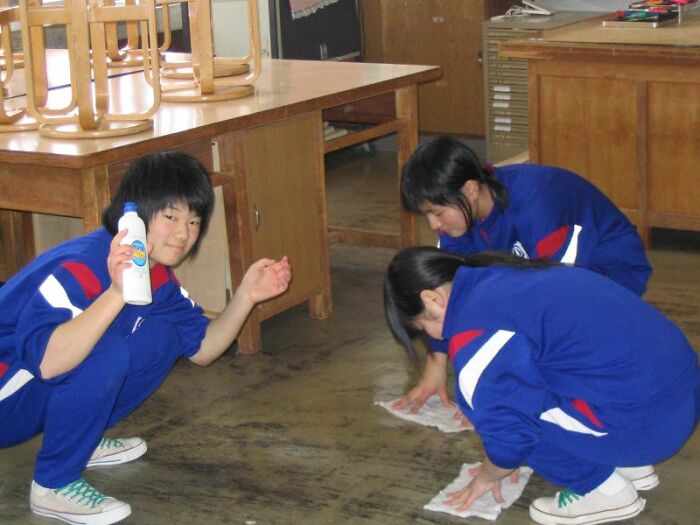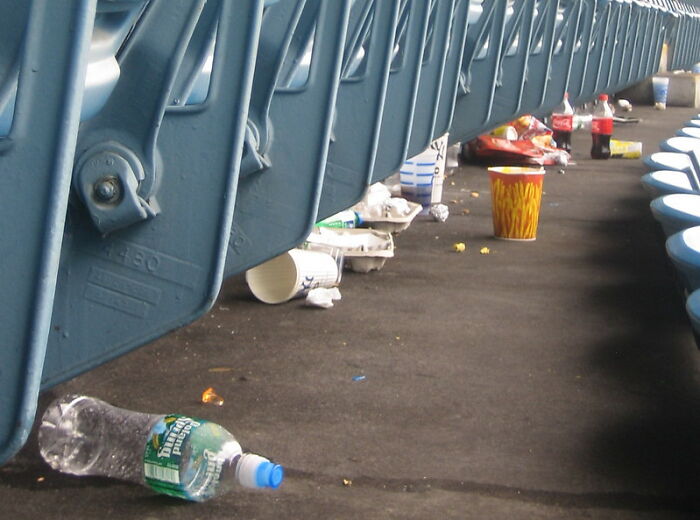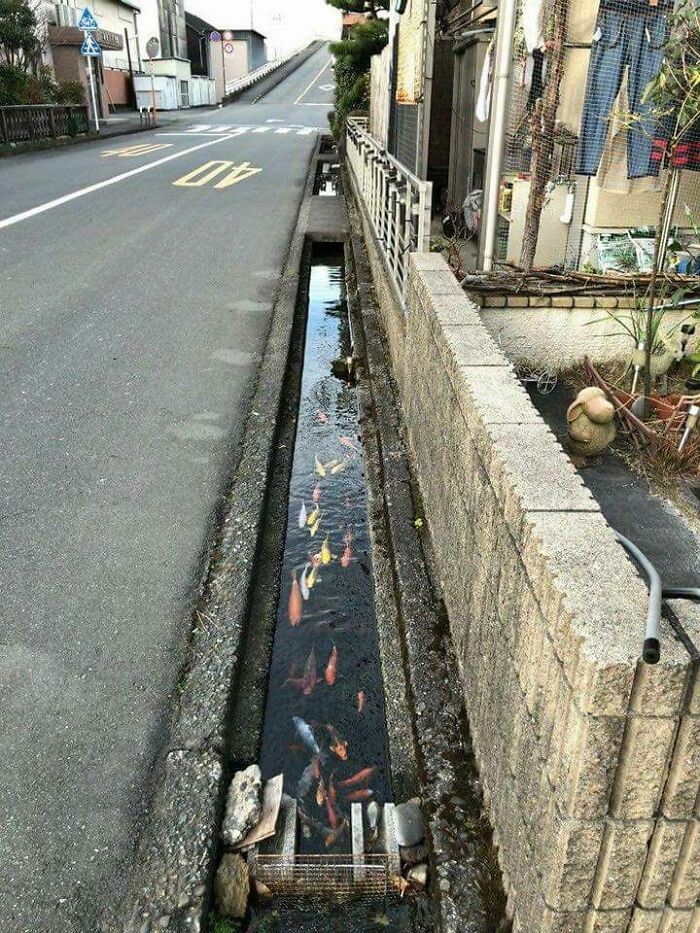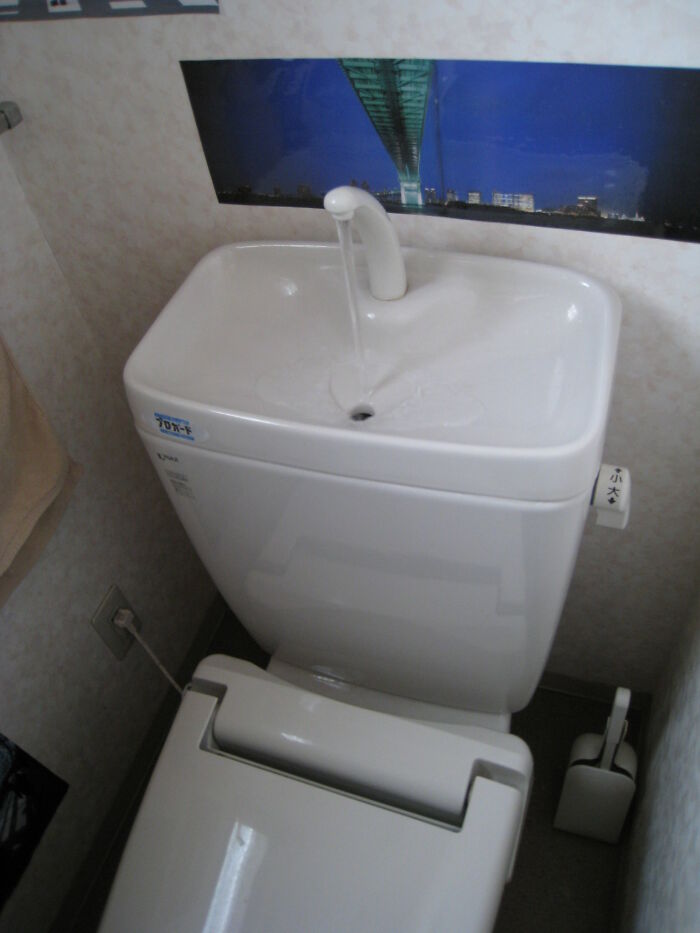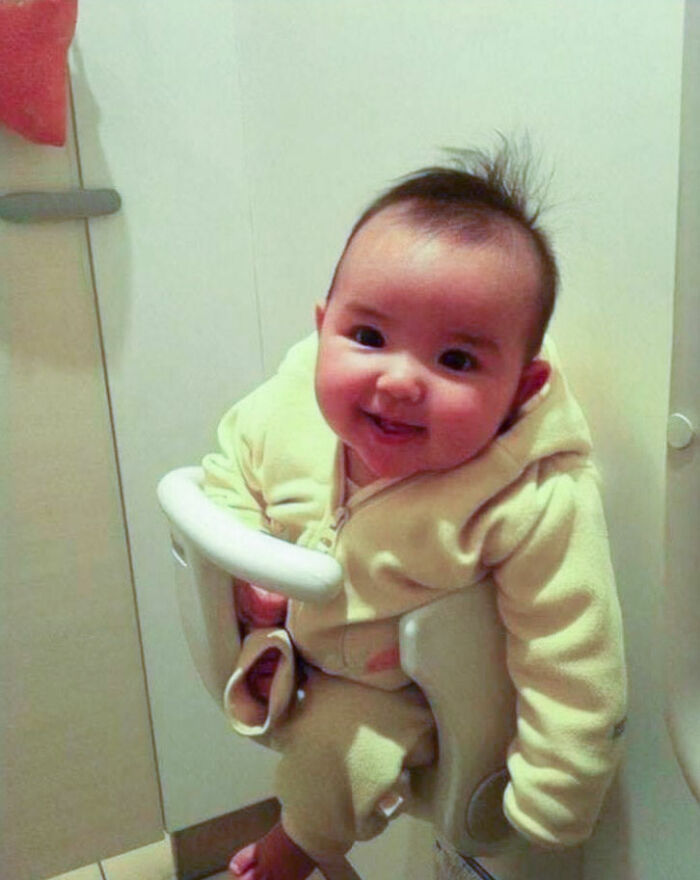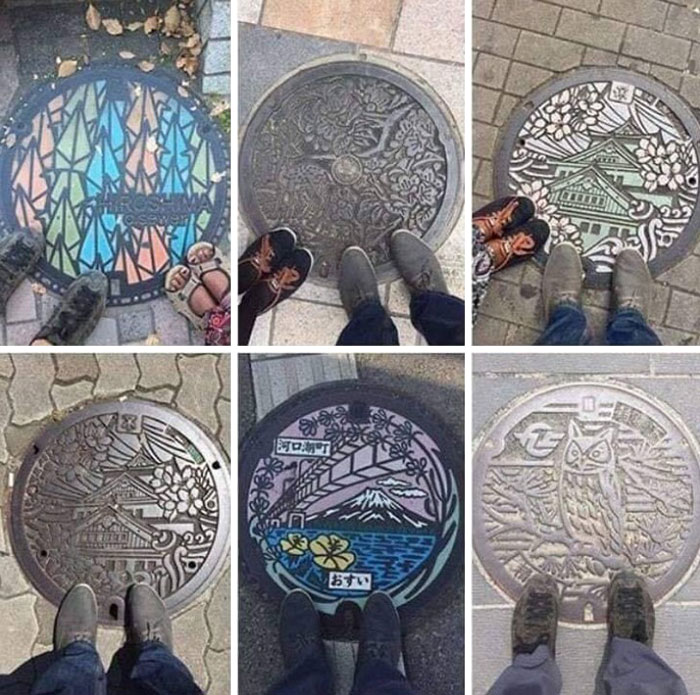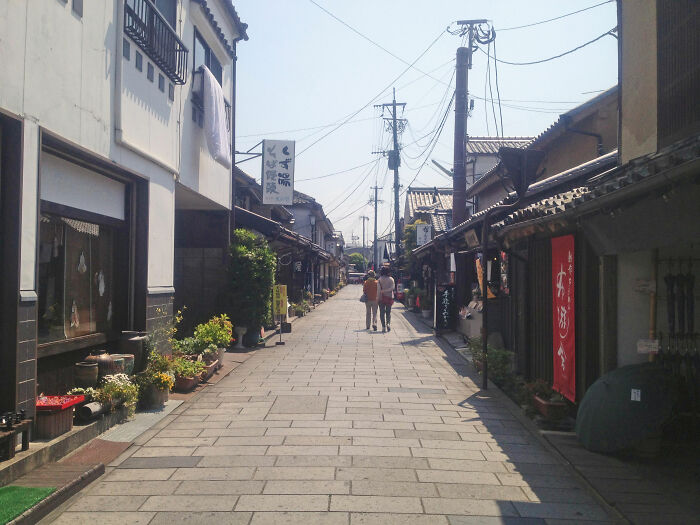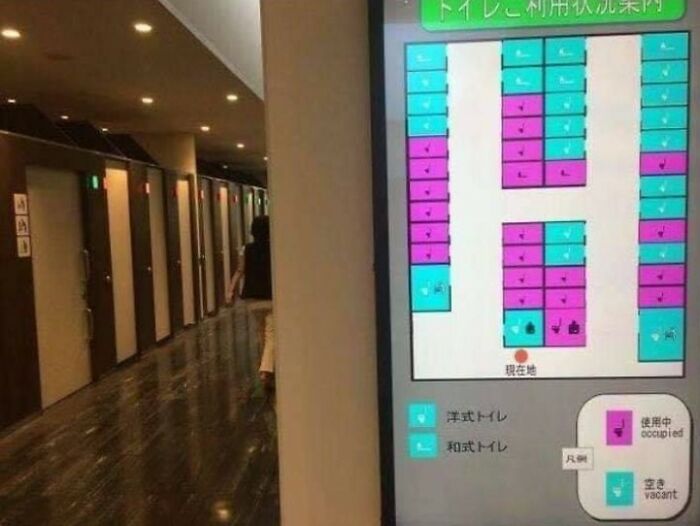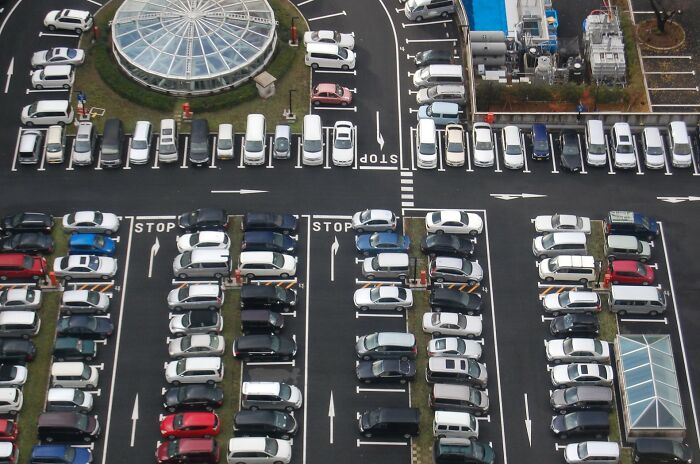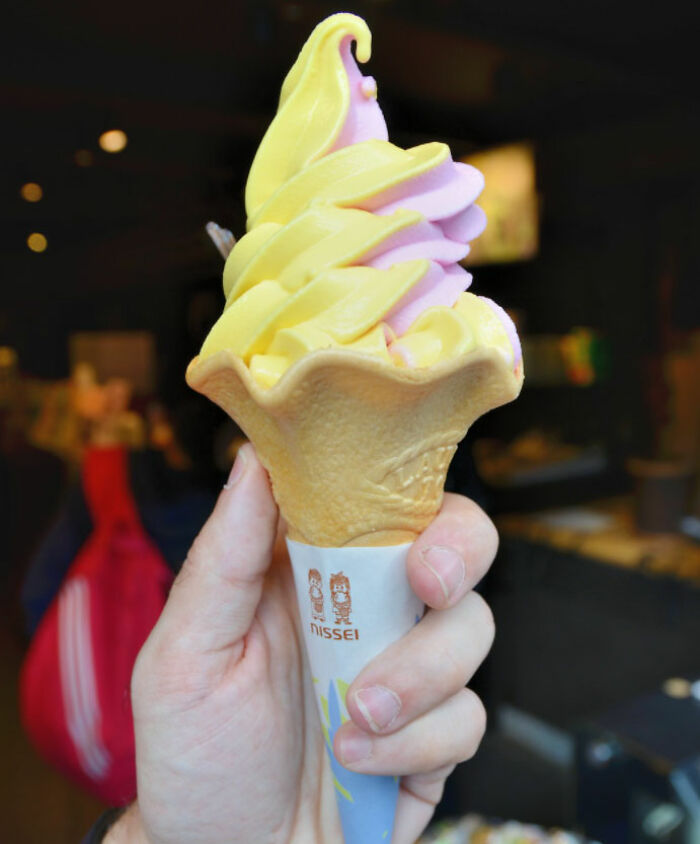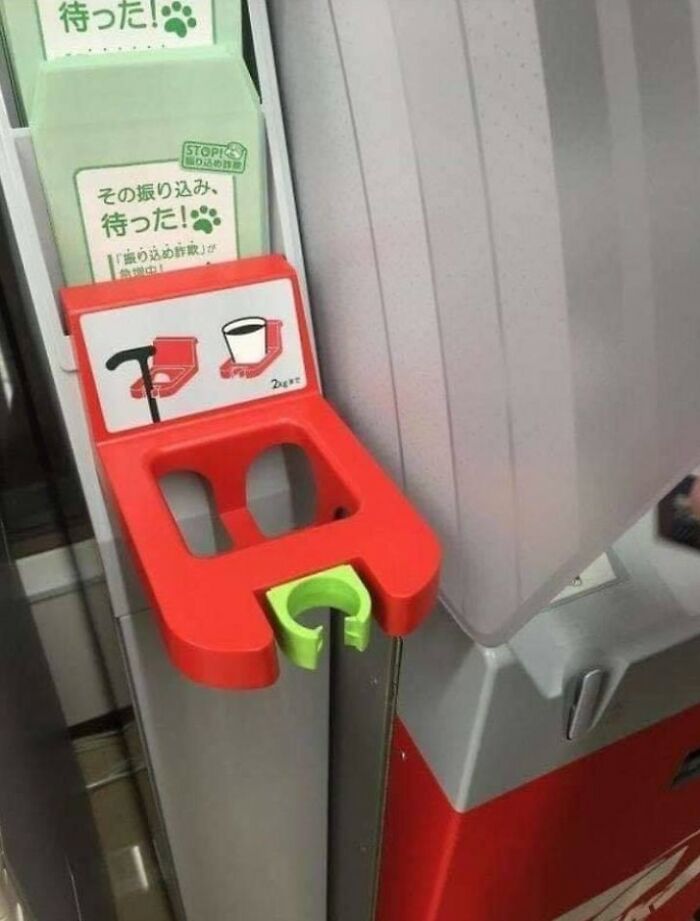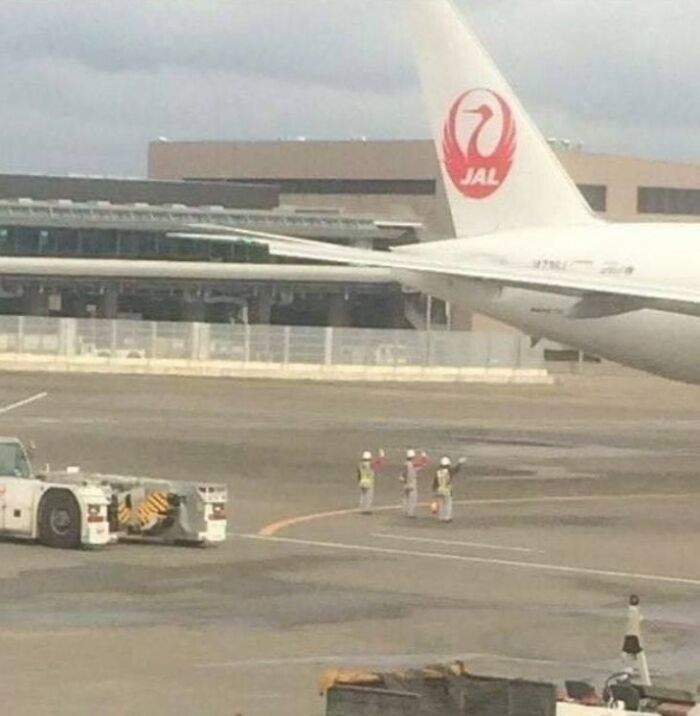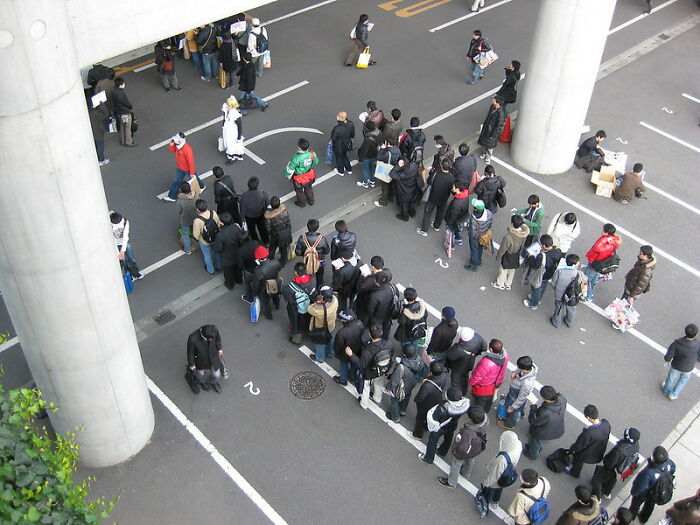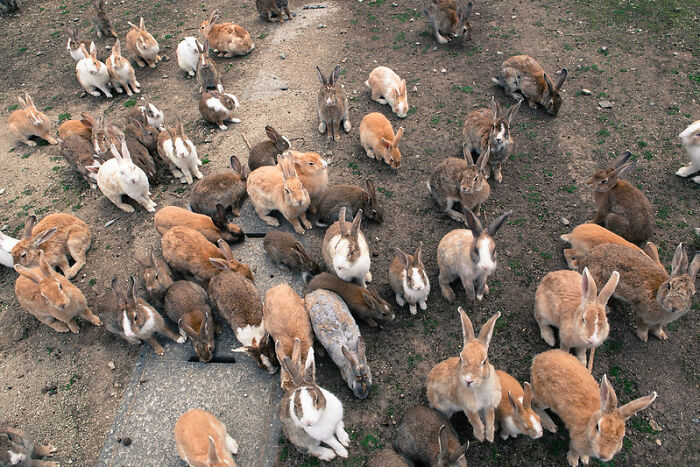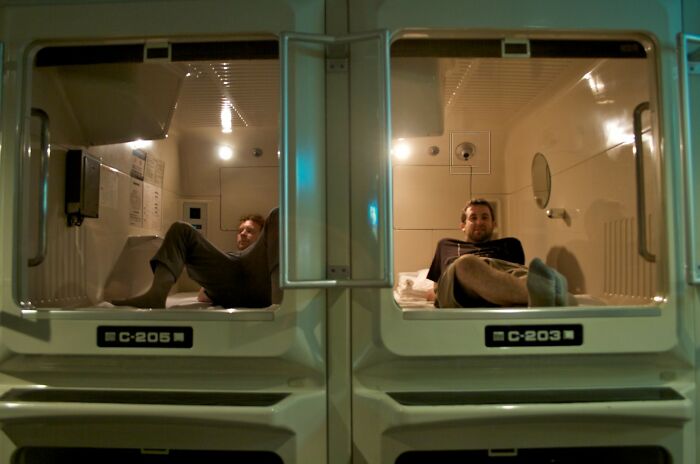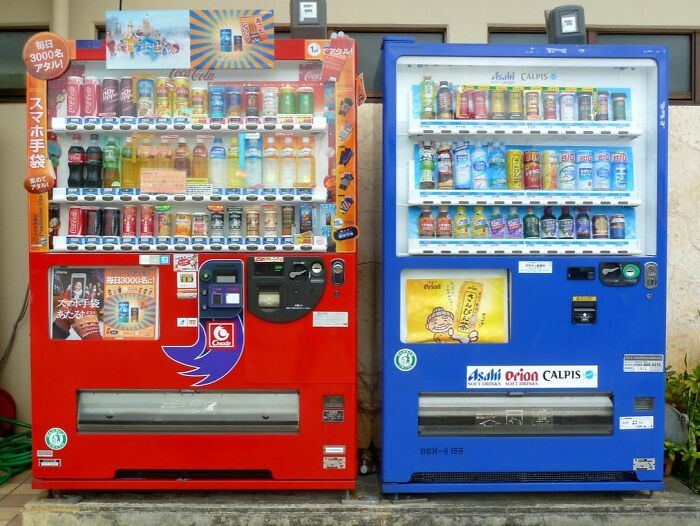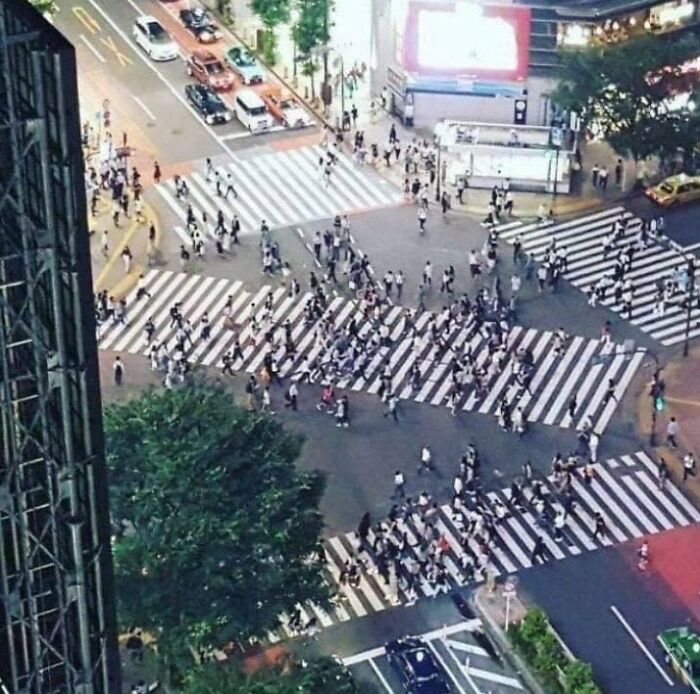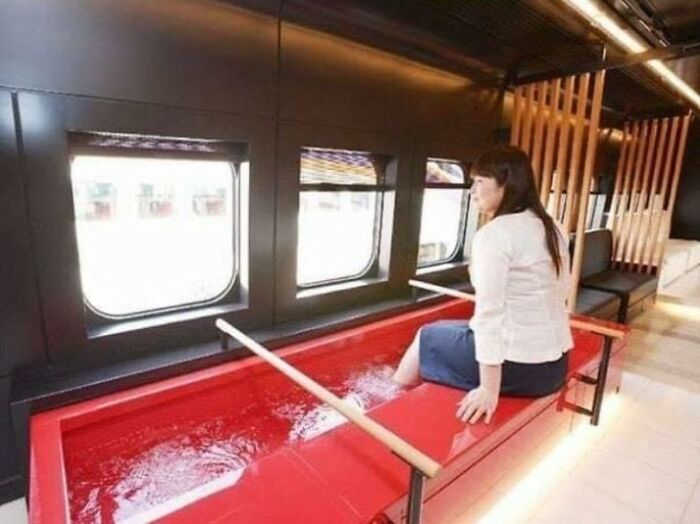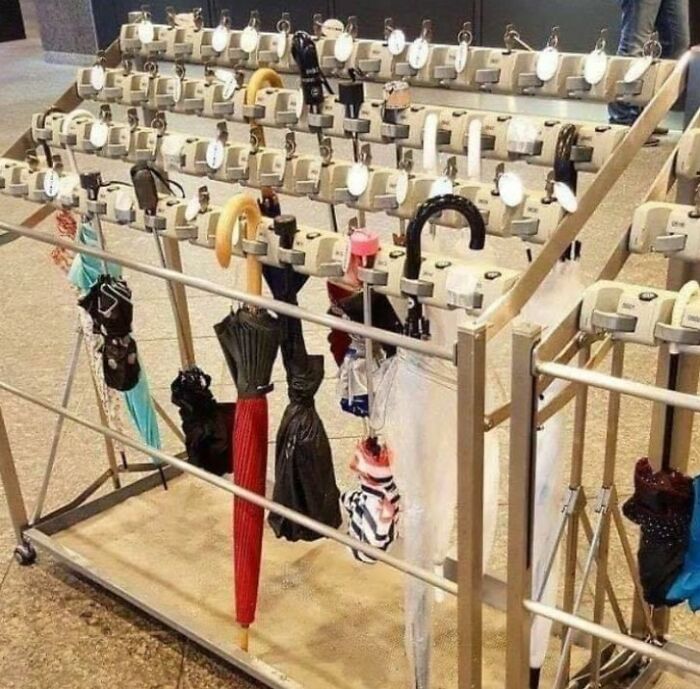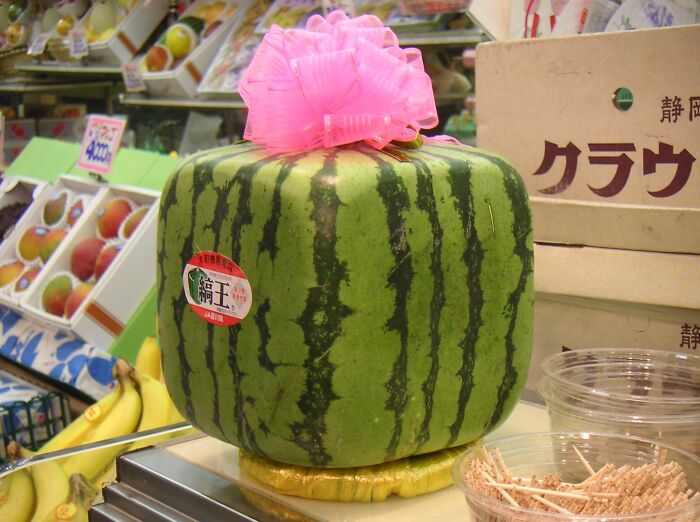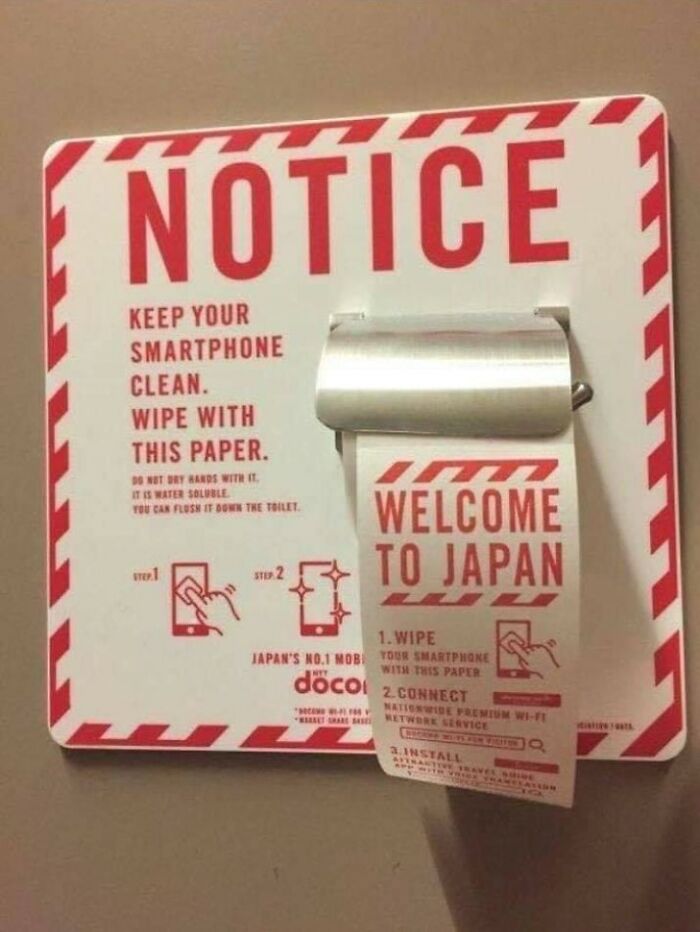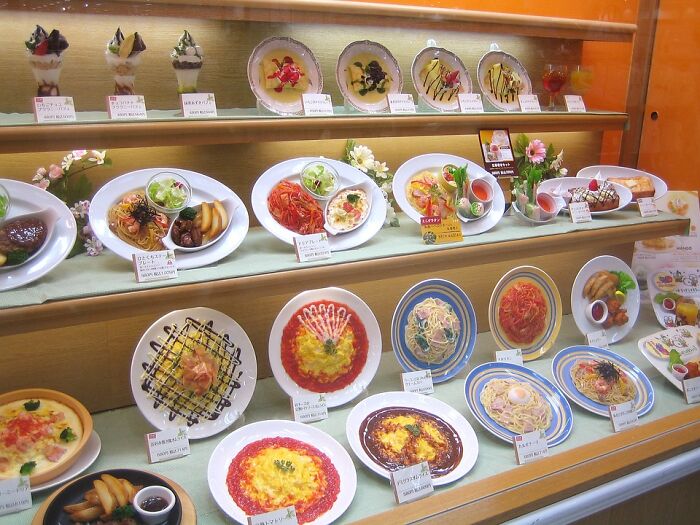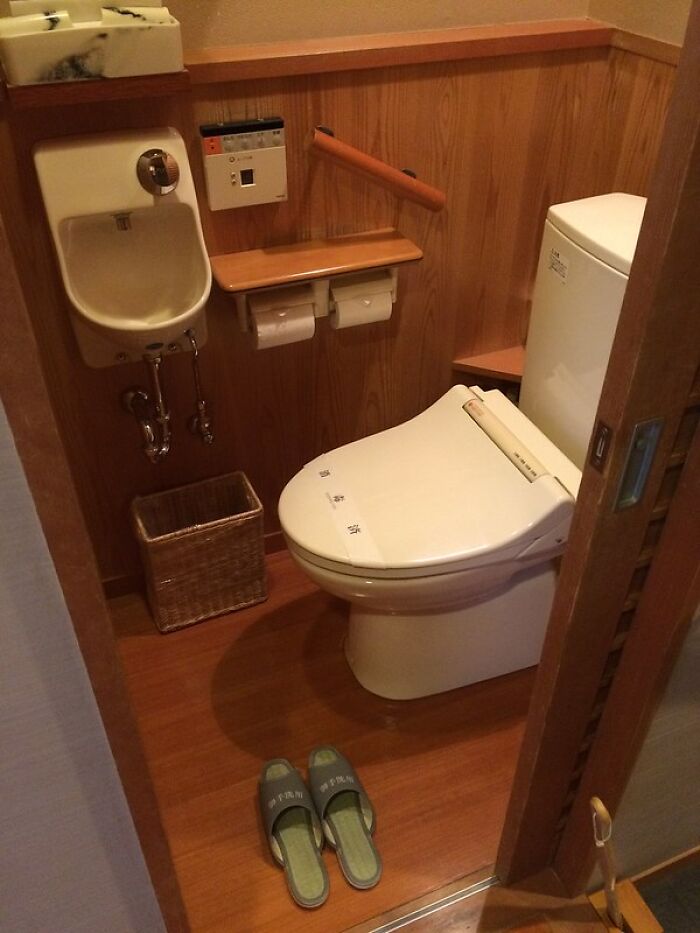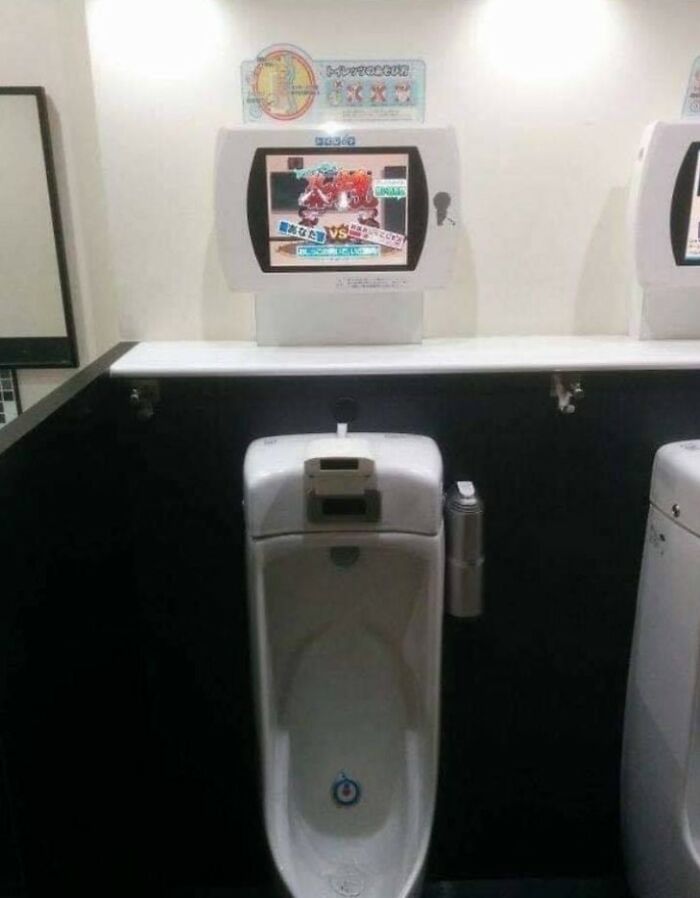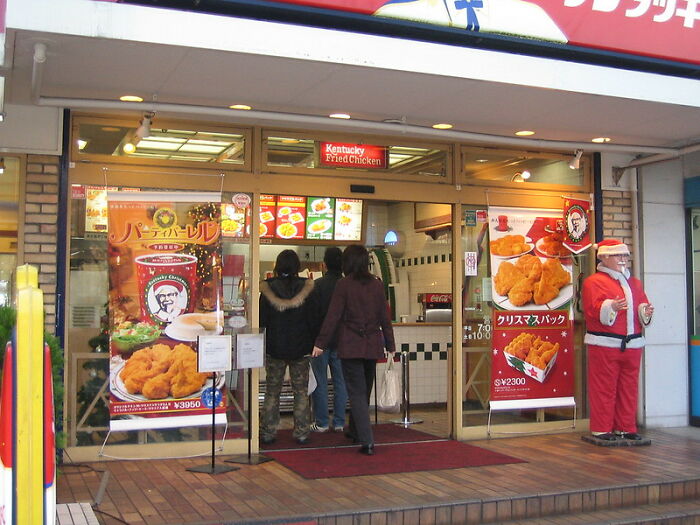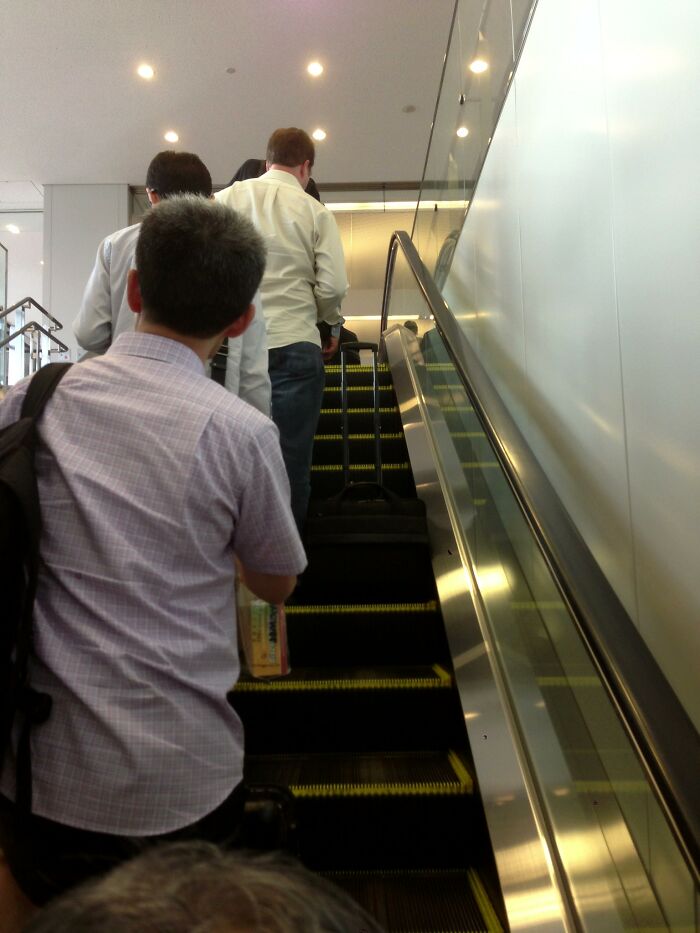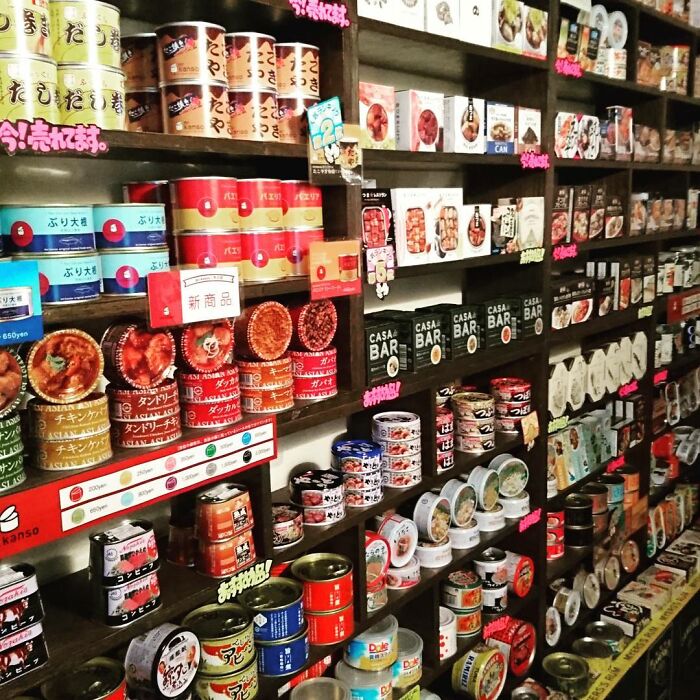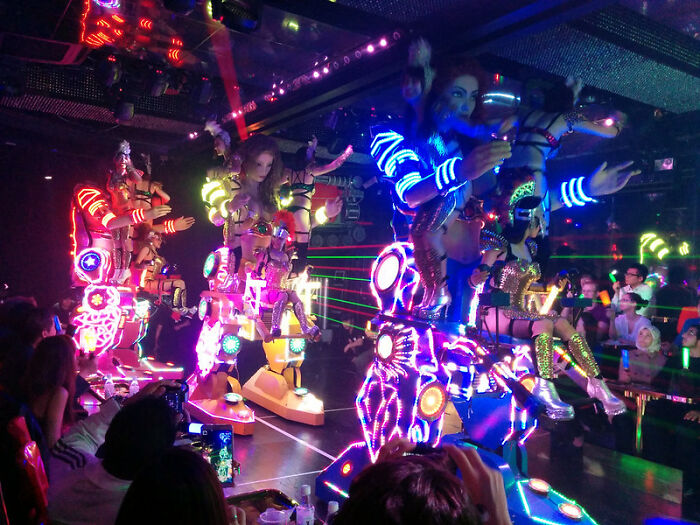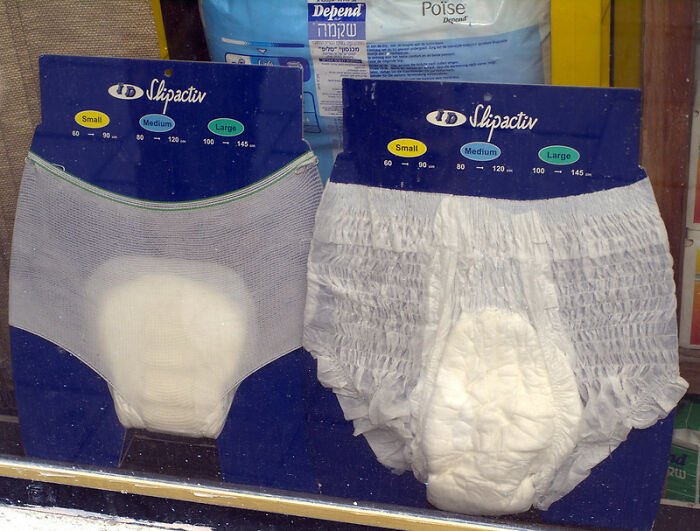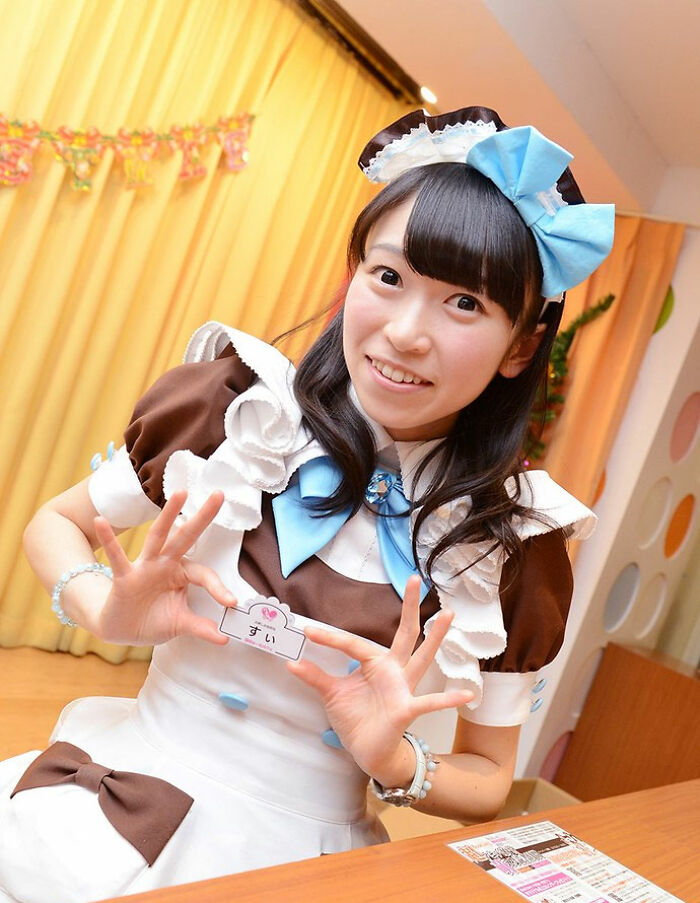Japan is an island country in East Asia with Tokyo as its biggest city and capital. It’s the 62nd largest country in the world by area, but 11th largest by population. It’s the 3rd largest economy in the world by nominal GDP and Japan’s life expectancy is the longest in the world, which is 84.3 years.
Japan has not only gained economic influence, miraculously standing up on their feet after World War II, but cultural too; for example, anime and manga, which originated in Japan, are popular all around the world, in some places even more popular than in Japan. And sushi has become a common food that you can easily order in restaurants or find in supermarkets outside Japan.
These are some of the obvious things we think about when we’re talking about Japan, but Bored Panda prepared you a list of the most interesting and fascinating facts about the country of the rising sun that you may not have heard of before. So enjoy and don’t forget to upvote the facts that surprised you the most!
This post may include affiliate links.
Part Of A Japanese Student's Daily Routine Is Cleaning The School After Classes
There is a tradition, that after classes, students remain at school to clean it. At the end of the day, students spend about 15 minutes vacuuming, sweeping, and cleaning various spaces in the school. It is believed that it helps to promote students' understanding of life skills such as personal responsibility. It is also an opportunity to engage with other students that are not classmates and spend time with teachers in a less formal environment. Students become aware of cleanliness and don‘t make such a mess in the first place because they know they'll have to clean it themselves. Just 15 minutes a day have a huge impact so that a child will grow up into a more responsible and respectful adult.
Japanese Football Fans Stay After The Game To Help Clean The Stadium
The world was so impressed when Japanese football fans stayed after the games during the World Cup 2018 and helped stadium workers clean up. They did that regardless of whether Japan won or lost. It’s actually part of their culture, as cleaning up is a part of their school lives, so the habits learnt at a young age stick with them through adulthood.
In The City Of Shimabara, In The Street Drainage Canals, Water Is So Clean That Koi Fish Live In It
Because of the volcanic activities of Mount Unzen, there was a earthquake and tsunami in 1792, which triggered fresh water springs that now flow through the city of Shimabara on Japan’s Kyushu island. The water was so clean that in 1978, authorities decided to release colorful koi fish into the 100-meter-long waterway. It is even more amazing when you know that koi fish can survive only in extremely pure water, so that proves the quality of the water and it is just so cool to look at.
Many Toilets Have Sinks Attached To Their Tanks To Save Water
There are many toilets in Japan that have sinks attached to their tanks. A person can wash their hands with clean water, which then goes to the tank and they flush the toilet with the same water they just washed their hands with. It’s such a simple, yet clever way of saving water.
Many Public Toilets Have Baby Holders In The Stalls
Many public toilets have baby holders attached to the wall so your hands are free and you can keep your eyes on the baby the whole time without fear of them running off or getting in some other trouble.
There Are More Than 6,000 Manhole Covers Decorated With Art In Japan
The Japanese have managed to make boring and unattractive things such as manhole covers into something you can call art. There are thousands of different designs: different municipalities have their own unique ones that you can't find in other places, reflecting their local culture. In the 1980s, Japan installed new sewers countrywide and to generate some PR around this project, local municipalities decided to decorate the access points with beautiful covers. The craze took off and now there are almost 6,000 artistic manhole covers through the country.
Japan Is A Super Clean Country
The cleanliness on the streets, in buildings, and on public transportation may surprise you if you’re not used to it, but in Japan, cleanliness is a lifestyle. What is more, spaces are kept tidy not by hiring more staff to do it, but the residents themselves keep it that way. Japanese people are taught from a young age to clean up after themselves. For 12 years while they’re at school, cleaning their environment is a part of the daily routine, so the habits the Japanese acquire remain their whole lives and even if they aren’t really up to cleaning, they still do it out of a sense of duty and responsibility.
Some Bathrooms Have Electronic Maps Showing Which Stalls Are Occupied
When you enter some bathrooms in Japan, you can see an electronic restroom map showing which stalls are occupied and which are open. Furthermore, these screens show if the toilet in the stall is squatting or not. It’s a really useful idea saving people the awkwardness of checking which stalls are free, especially if the doors are closed.
In Japan, Cars Are Usually Parked In Reverse And Always Between The Lines
There is an unwritten rule that people park only in reverse and then leave their parking spot going forward. That is because Japan is so densely populated and parking spaces are small, so it is safer for them when leaving a space for a driver to be able to see oncoming traffic and not to worry about pedestrians that you accidentally may not notice. Also, because of the limited space, drivers park their cars very neatly between the lines.
Japanese Researchers Developed Ice Cream That Won’t Melt For Hours
Researchers in Japan discovered an ingredient that helps ice cream to not melt as fast. The ice cream innovation is called Kanazawa Ice and the secret ingredient is strawberry polyphenols, which was discovered by accident. This type of ice cream is already being sold in some places and the dessert can maintain its shape up to several hours.
In Japan, You Can Find Cane And Cup Holders Next To An ATM
Next to an ATM, you can find this strange-looking contraption. It’s meant for you to put your cup in, or for elderly people to prop their cane safely so it won’t fall down while they're taking some cash. It’s nice that services think about it, as nearly a third of Japan’s population is people older than 65 years old.
In Some Hotels, Lamps Have Different Brightness For Double Beds
Some hotels have lamps that can be half-lit, so if one person needs light and the other doesn’t, they can keep only their side on and less light will be directed to the person who is ready to go to sleep.
Ground Staff Will Wave Goodbye Until The Plane Is Ready To Take Off
In Japan, the ground staff, working to help the plane to take off, often waves the passengers goodbye until the plane is on its way.
People Queue Up In Lines And Can Wait For Long Periods Of Time Patiently
Japanese people are known for their discipline, and that includes queueing up too. To buy something or get a service, Japanese people line up and maintain order, even if it’s for long periods of time; no one is pushing or yelling, no matter if it’s a three-person line to get ice cream or in crowded train stations. There are actually signs on platforms that show you how to line up, and people follow these to maintain order.
There’s An Island With Hundreds Of Rabbits
The small Ōkunoshima island in Japan is often also called Usagi Shima, which literally means “rabbit island.” It gets that name because it’s largely populated by rabbits. It is forbidden to hunt them and you’re not allowed to bring cats or dogs on the island. People guess that rabbits occupied the island when children released a few pet rabbits when the islands were evacuated in the 1940s, or that the rabbits are escaped test subjects from the island’s former toxic gas production labs, as there was a secret poison gas factory built on the island at the start of the 20th century.
Popular Accommodation For Short Visits Is Capsule Hotels
The first capsule hotel was opened in 1979 in Osaka. It is a type of hotel that provides bed-small rooms. They are cheap, usually to stay just for the night, and most often used by Japanese businessmen. Capsule hotels are usually found not too far from the major train stations in large cities. Capsule hotels have washrooms, toilets, and showers, but these are shared among all the guests. Also, there are other services like restaurants, game rooms, or manga libraries.
There Is Approximately 1 Vending Machine To Every 23 People In Japan
Japan has the highest density of vending machines in the world. There is approximately 1 vending machine to 23 people. And you can find anything from drinks and candy to hot food and alcohol. Sociologists and economists have offered potential reasons for why there are so many vending machines. Firstly, it’s cheaper to own a vending machine than a shop, because of cost of labor and expensive real estate, and because of the low crime and vandalism rate, companies don’t have to worry about that.
Meanwhile in the US we still have the old ones where there’s a 50% chance your chips will get stuck
Napping At Work Is Considered Acceptable
Sleeping during work is normal and acceptable in Japan. If in other countries, that would get you fired, in Japan, it is seen as a good sign that shows dedication to the work and that the person worked themselves to exhaustion. The companies may see it as a good thing, but Japanese are the most sleep-deprived nation in the world. People take naps not only at work, but wherever they can. It’s so widespread that there is a word for this phenomena – inemuri.
There Are More Than 300 Pedestrian Scrambles In Japan
Pedestrian scrambles or diagonal crossings are very common in Japan. There are more than 300 such intersections. Japan's largest, and most famous, diagonal crossing is found in Tokyo, outside Shibuya station. Over 3,000 pedestrians can cross during the two minutes of green light and it is one of the most well-known pedestrian scrambles in the world. It is so popular that it has become a symbol of Tokyo and Japan as a whole.
You Can Find Foot Baths On The Streets And They Are Usually Free
A popular onsen type in Japan is ashiyu, or foot bath. Foot baths are different from regular onsens because you can find them literally on the street. Usually they are free, or cost just a few dollars. The hot spring tub comes up to the knees, you don’t need to take off all of your clothes, but you still get the benefits of the hot spring experience. It is also great for people who can’t handle heat very well as it’s not as strong as a standard hot spring.
It's Common And Sometimes Required To Leave Your Umbrella Outside In A Stand
From the beginning of June to mid-July, Japan enters the rainy season, tsuyu. Then, no one is seen without carrying an umbrella. But the wet umbrellas can make a mess when you take them indoors, and it’s extra baggage you have to carry, so the Japanese have a solution for this inconvenience. Stands for umbrellas are very common; they stand outside buildings and it can be even required that you leave your umbrella there. Many hotels, sports centers, and government offices even provide brolly lockers so you don't have to worry that someone will take it.
You Can Find Watermelons In The Shape Of A Cube In Japanese Stores
To get the cube shape, the watermelons are grown in boxes and they take the shape of the containers. The idea came so that it would be easier to store them in the fridge and easier to cut without them rolling around. Although the cube watermelons were meant to be more practical, now they are essentially ornamental and it’s not an everyday fruit as it can cost up to $100.
In Tokyo's Narita International Airport, There Were Phone Wipe Dispensers For A While
Phones can carry even more bacteria than a toilet seat and we are constantly touching them or bringing them to our faces. That is why the Japanese thought it would be a good idea to have phone disinfecting wipes in bathroom stalls. These were installed in Tokyo's Narita International Airport. The dispensers dubbed ‘toilet paper for smartphones’ were set to remain in place until March 15, 2017.
Restaurants Display Fake Food In Their Windows To Attract Customers
Many restaurants in Japan will attract their customers by displaying examples of their delicious food in their windows. But those mouth-watering dishes most probably are made of plastic. The food replicas cost more than the dishes themselves, but they last for a long time and don’t lose their tasty appearance. Previously, the fake food was made out of wax, but currently non-biodegradable polyvinyl chloride (PVC) is used.
This is in some Chinese restaurants too, when I was 5 I saw one and I wanted the ramen.
When You Use The Restroom In Someone’s Home You May Need To Put On Designated Bathroom Slippers
You will notice a common trend through this list that Japanese are quite obsessed with keeping everything clean, to the point that they have separate slippers dedicated solely for the bathroom. These slippers are worn to the toilet only, because even if you can’t see the germs, that doesn’t mean that they are not there and you wouldn’t want to spread them throughout your whole house.
Some Urinals Have Mini Games
In some Japanese urinals, there are mini games installed, controlled by a player’s urine stream. The urinal is installed with pressure sensors and the screen with the game is mounted on the wall. The purpose of the Sega Toylet games was to encourage urinal users to be more accurate in public bathrooms and leave them less messy.
A Traditional Christmas Dinner Is Considered Chicken From KFC
In Japan, the traditional meal for Christmas is KFC. It is estimated that every year, 3.6 million Japanese families chose fried chicken from this American fast food brand. There are several origin stories as to how the idea was born to make eating KFC a Christmas tradition, but what is for sure is that the campaign started in 1974 and it was successful.
It is a bit odd but since Japan celebrates Christmas more like a time to party than a religious holiday, KFC would make sense. New Year's Eve and Day the more "serious" holidays in Japan. So where a lot of Westerners would celebrate Christmas with their families and New Year's with their friends, it's the opposite in Japan. Many people celebrate Christmas with their friends and New Year's with their families.
Load More Replies...They also order months in advance to make sure they get their christmas KFC before stocks run out
It doesn't seems healthy but you also have to keep in mind that they are not christian so the fact that they are celebrating Christmas is much more interesting in this post.
Load More Replies...Hey, it's just like the american jews that eat chinese food on Christmas
Keep in mind that these chain restaurants which are common, generic & "low class" in the US are usually much more fancy & prestigious in other countries. I grew up in NZ & while KFC was pretty nice, the first TGI Friday's we got in my city was *super* nice! :)
Many Japanese are not Christian. Christmas is just an occasion to celebrate, like Halloween or Valentines day. Fried Chicken is really popular there.
Sounds great to me. How does a decision about food make one more or less Christian?
Yes! No more slaving in the kitchen all day long for a 15 minute dinner....
There are plenty of reasons and other times to have a celebration type meal, if this is their tradition, cool
KFC has to fly staff from all over the world to Japan during the Christmas season to handle the extra traffic.
So sorry for Japanese Christmas. They should come to Italy to enjoy a good Xmas dinner!
My kids asked for KFC this last Christmas - we live in the US - and it was such a hit they want to have it again this year =]
Many people in Japan don't have ovens or ovens big enough to accommodate Turkey. Turkey is also hard to find and purchase there. They also love buying "Christmas Cake" when I lived there many many years ago. I didn't get around to trying Christmas cake, but it looked just like regular vanilla cake to me. And yes, long line ups for KFC. Most Japanese have never tried Turkey and assume it tastes like chicken. My comment is based off what I experienced and was told by my Japanese friends when I lived there. Things may have changed since then. Also new years was a day for visiting shrines etc. There seemed to be free saki offered everywhere.
well ya know kentucky fried chicken is finger licken good! I named my chicken (silcky) Fingar Likin
Well, it's been.... few decades.... 50 years almost.... that's half a century, when you think about it.
Load More Replies...Japanese Keep To The Left Side On Stairs And On Escalators
In most of the cities in Japan, when you are facing a staircase or an escalator, you walk up or down the left side. There is also such a thing as escalator etiquette that you don’t stand in the middle, but on the side instead. Usually you stand on the left side and leave the right side for people who hurry and walk up and down the excavator. However, recently, many subway stations banned walking on escalators.
Japan Has Restaurants Where You Are Served Canned Food
Japan has unique places to eat, like maid cafés or other themed restaurants. One of the most unusual places is a tiny food bar, Mr. Kanso, which serves 300 different kinds of canned foods from all over the world. There is no chef, no menu, no kitchen or waiters, and the prices vary depending on how rare the canned food is. You can find canned egg omelet, bacon with potatoes, rice, tuna, Japanese curry, or egg cakes.
There’s A Robot Restaurant In Tokyo
The robot restaurant is one of the most popular tourist attractions in Tokyo. It’s not your traditional Japanese restaurant, but rather a spectacle and the food here is secondary. The shows are loud and wild and they are changed every month, along with costumes and music. The shows are exciting, with bright lights, although not recommended for people sensitive to flashing lights. And, of course, everything is robot-themed.
i know a friend that went there. she said it was cool but loud and she really liked the cool drink she got even though there are fewer drinks for minors there.
More Adult Diapers Are Sold Than Children Diapers
More adult diapers are sold in Japan than baby diapers. The reason for this is that the population is getting old—almost a third of Japanese people are over 65 years old. Also, the birth rates are low: the birth rate in 2020 was 7.301 births per 1000 people, which is 1.3 percent less than in 2019. For comparison, the birth rate in the US in 2020 was 11.990 births per 1000 people, which is 0.09 percent more than in 2019.
Smoking Indoors Is Prohibited, But There Are Some Trains That Have Designated Smoking Passenger Wagons
In most crowded outdoor areas in Tokyo, it is prohibited to smoke and there are designated areas for that. In April of last year, a law prohibiting smoking indoors came into full effect. Exceptions apply to private homes, hotel rooms for smokers, and cigar bars. Smoking is also prohibited in such public closed spaces like trains, buses, and airplanes, but there are some trains that have designated smoking passenger wagons.
Maid Cafes Are A Popular Type Of Cafes In Japan
The first permanent maid cafe was opened in the Akihabara area in Tokyo in March 2001. These types of cafes are predominantly found in Japan. They have a unique service system. The waitresses are dressed in maid costumes, which usually are based upon French maids, and act as servants for their masters and mistresses. They have some distinctive rituals, such as greeting customers with "Welcome home, Master (Mistress, My lady)!" Although people go to maid cafes for the experience, you can find menus that are similar to ordinary cafes. However, maids will decorate a customer’s order with cute pictures or sayings.
I love the sense of community and togetherness, and all doing their part to keep society clean and functioning! It's such a good life lesson, and one so many ppl seem to have missed (looking at you, litterbugs!)
I was wondering about that too. They are missing the magic toilet
Load More Replies...While a nice list, this Japanese man exposes some other sides of Japan. His videos are incredibly well-done: https://www.youtube.com/c/FindYourLoveinJapan/videos
Wanted to say similar. While Japan is culturally fascinating, has great food and generally great place to travel full of wonderful people, it definitely has its dark side. Quite seedy in bigger cities, sense that still very patriarchal society, racism, people overworked, high rates of suicide, etc.
Load More Replies...Get in the car, loser, we’re going to Japan!
Load More Replies...Think I should add a few more: -In urban areas you will sometimes see random fields with rice or vegetables growing, right between apartment buildings sometimes -The streets are often narrow and they don't tend to have cars parked on them -Every New Year's Eve, there is a live broadcasted music show/competition. It's called Kouhaku Utagassen, which means 'Red and White Singing Competition'. Popular Japanese musicians join team red or white and perform live, and at the end of the night the winning team is announced. It's been going since the 1940s.
It’s been my dream to live in Japan. Hopefully I’ll get there one day
Japan doesn’t have open boarders, they don’t let just anyone in. They’re taught at a young age to work hard. If you’re not a naturalized citizen and are not willing to conform to Japanese standards then you’re out. They let very few immigrants in.
I spent three weeks in Japan just before COVID and there's absolutely NOTHING I didn't like about the country. Can't wait to go back!
Damn good article, thank you for listening and taking about countries besides the US.
I love how they teach cleanliness so early, so everyone just does it out of habit. keeps Japan looking beautiful!
Yes, teach good habits early and it doesn't feel like a big effort later on.
Load More Replies...I can't see myself MOVING to Japan just yet, but it seems like it'd be a wonderful place to go on a summer trip.
When my husband and I went 2 years ago, my biggest fear was going to be communicating with people. But, going there with knowledge of basic greetings and words, it was a relief that it wasn't that bad. Some people smiled back with appreciation that we were putting forth the effort to communicate in Japanese. Politeness and courteousness can go a long way :) We are looking forward to returning one day!
My husband lived in Japan when during his second 4 year tour while in the Marines.
everyone needs to travel, to dig toes into a black sand beach, to go some place where you know you are thousands of miles away from home and can completely immerse yourself in another culture ... it makes one appreciate both that culture as well as your own - and a bit of acceptance for other peoples differences
I'm amazed at the cleanliness & how everyone seems to take a part in keeping their country neat & clean.
Right, the country that kills whales, dumps waste in the sea. They are only nice to tourists, suicide rates are so high that the families get fined for when a family member commits suicide. More than half of the men there can't afford to have a wife and have given up on love. You live to work there and working 15 hours a day is normal, you're discouraged from using your vacation days. There's a lack of central heating and good luck finding a bigger place to live. You can rent babies or spouses! The list goes on,
This was interesting, I enjoyed the post, and read many facts about Japan, most of which I didn't know, it is a place I would love to visit, one of my grandsons, had been in Japan, he said it was beautiful, and he enjoyed the people he met !!!
I just visited once, but on that visit, I often had one meal a day from a convenience store. The stores - including 7/11 - have wonderfully fresh and inexpensive sandwiches and hot items as well.
As a person I really love these little "peeks" of Japan. I am reminded how beautiful and clean the country is and how wonderful the people are. As a historian, WWII, POWs, I find it very, very, very difficult to intergrate the horrors done to POWs, Koreans, Chinese and Unit 731 with the beauty and kindness and genuine hospitality of the Japanese people. I have many friends in California and Texas who are of Japanese descent and they have told me the same thing. Most of them were historians studying at the same university as I.
And most importantly, Japan is a world treasure. We must support and treasure this land of nuance and tradition. There are many things to learn from Japan.
The QI elves’ podcast, “There’s no such thing as a fish” uses a Japanese toilet talking to you as part of their theme tune. I thought that was quite interesting.
BP articles about other countries: Oh it's amazing! So clean! So polite! BP articles about America: Literally hell on earth
If you want to put a different view, you can start your own article.
Load More Replies...Thanks who ever put this post together but you need to go out to learn more. None of them unique to Japan.
The person that put it together was Lukas Garnelis. You can read about him at the end of the article. There is even a photo of him.
Load More Replies...I love the sense of community and togetherness, and all doing their part to keep society clean and functioning! It's such a good life lesson, and one so many ppl seem to have missed (looking at you, litterbugs!)
I was wondering about that too. They are missing the magic toilet
Load More Replies...While a nice list, this Japanese man exposes some other sides of Japan. His videos are incredibly well-done: https://www.youtube.com/c/FindYourLoveinJapan/videos
Wanted to say similar. While Japan is culturally fascinating, has great food and generally great place to travel full of wonderful people, it definitely has its dark side. Quite seedy in bigger cities, sense that still very patriarchal society, racism, people overworked, high rates of suicide, etc.
Load More Replies...Get in the car, loser, we’re going to Japan!
Load More Replies...Think I should add a few more: -In urban areas you will sometimes see random fields with rice or vegetables growing, right between apartment buildings sometimes -The streets are often narrow and they don't tend to have cars parked on them -Every New Year's Eve, there is a live broadcasted music show/competition. It's called Kouhaku Utagassen, which means 'Red and White Singing Competition'. Popular Japanese musicians join team red or white and perform live, and at the end of the night the winning team is announced. It's been going since the 1940s.
It’s been my dream to live in Japan. Hopefully I’ll get there one day
Japan doesn’t have open boarders, they don’t let just anyone in. They’re taught at a young age to work hard. If you’re not a naturalized citizen and are not willing to conform to Japanese standards then you’re out. They let very few immigrants in.
I spent three weeks in Japan just before COVID and there's absolutely NOTHING I didn't like about the country. Can't wait to go back!
Damn good article, thank you for listening and taking about countries besides the US.
I love how they teach cleanliness so early, so everyone just does it out of habit. keeps Japan looking beautiful!
Yes, teach good habits early and it doesn't feel like a big effort later on.
Load More Replies...I can't see myself MOVING to Japan just yet, but it seems like it'd be a wonderful place to go on a summer trip.
When my husband and I went 2 years ago, my biggest fear was going to be communicating with people. But, going there with knowledge of basic greetings and words, it was a relief that it wasn't that bad. Some people smiled back with appreciation that we were putting forth the effort to communicate in Japanese. Politeness and courteousness can go a long way :) We are looking forward to returning one day!
My husband lived in Japan when during his second 4 year tour while in the Marines.
everyone needs to travel, to dig toes into a black sand beach, to go some place where you know you are thousands of miles away from home and can completely immerse yourself in another culture ... it makes one appreciate both that culture as well as your own - and a bit of acceptance for other peoples differences
I'm amazed at the cleanliness & how everyone seems to take a part in keeping their country neat & clean.
Right, the country that kills whales, dumps waste in the sea. They are only nice to tourists, suicide rates are so high that the families get fined for when a family member commits suicide. More than half of the men there can't afford to have a wife and have given up on love. You live to work there and working 15 hours a day is normal, you're discouraged from using your vacation days. There's a lack of central heating and good luck finding a bigger place to live. You can rent babies or spouses! The list goes on,
This was interesting, I enjoyed the post, and read many facts about Japan, most of which I didn't know, it is a place I would love to visit, one of my grandsons, had been in Japan, he said it was beautiful, and he enjoyed the people he met !!!
I just visited once, but on that visit, I often had one meal a day from a convenience store. The stores - including 7/11 - have wonderfully fresh and inexpensive sandwiches and hot items as well.
As a person I really love these little "peeks" of Japan. I am reminded how beautiful and clean the country is and how wonderful the people are. As a historian, WWII, POWs, I find it very, very, very difficult to intergrate the horrors done to POWs, Koreans, Chinese and Unit 731 with the beauty and kindness and genuine hospitality of the Japanese people. I have many friends in California and Texas who are of Japanese descent and they have told me the same thing. Most of them were historians studying at the same university as I.
And most importantly, Japan is a world treasure. We must support and treasure this land of nuance and tradition. There are many things to learn from Japan.
The QI elves’ podcast, “There’s no such thing as a fish” uses a Japanese toilet talking to you as part of their theme tune. I thought that was quite interesting.
BP articles about other countries: Oh it's amazing! So clean! So polite! BP articles about America: Literally hell on earth
If you want to put a different view, you can start your own article.
Load More Replies...Thanks who ever put this post together but you need to go out to learn more. None of them unique to Japan.
The person that put it together was Lukas Garnelis. You can read about him at the end of the article. There is even a photo of him.
Load More Replies...
 Dark Mode
Dark Mode 

 No fees, cancel anytime
No fees, cancel anytime 







